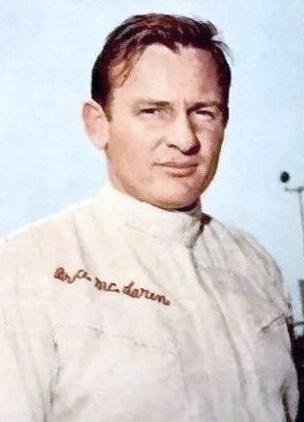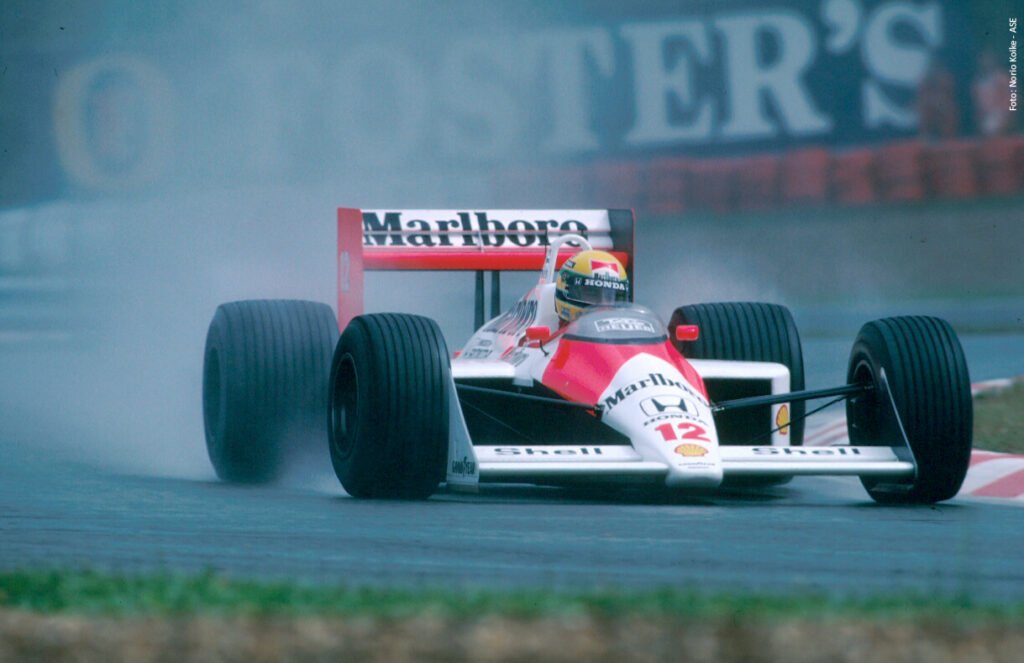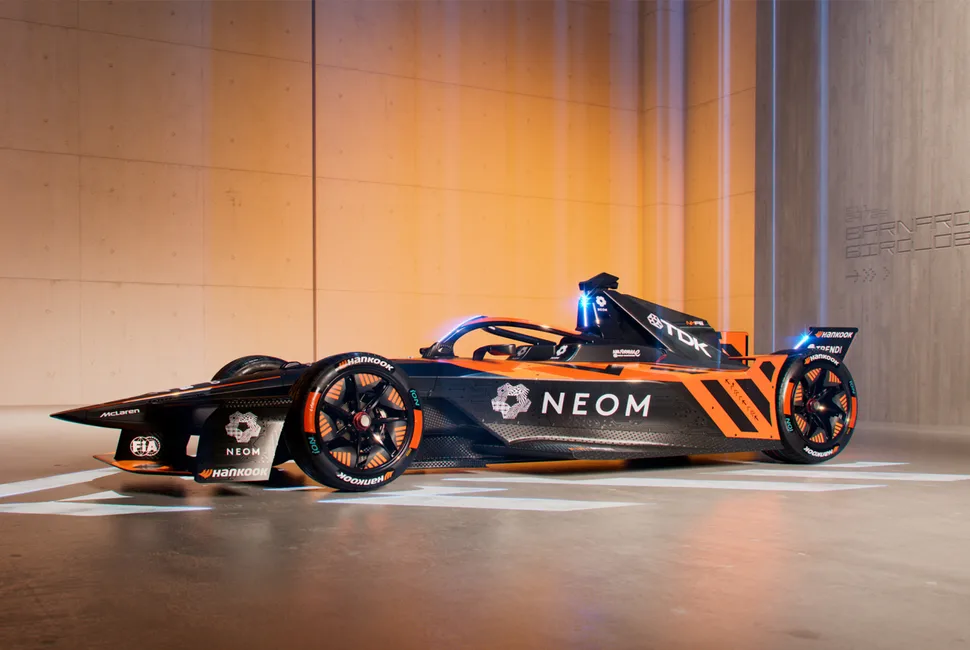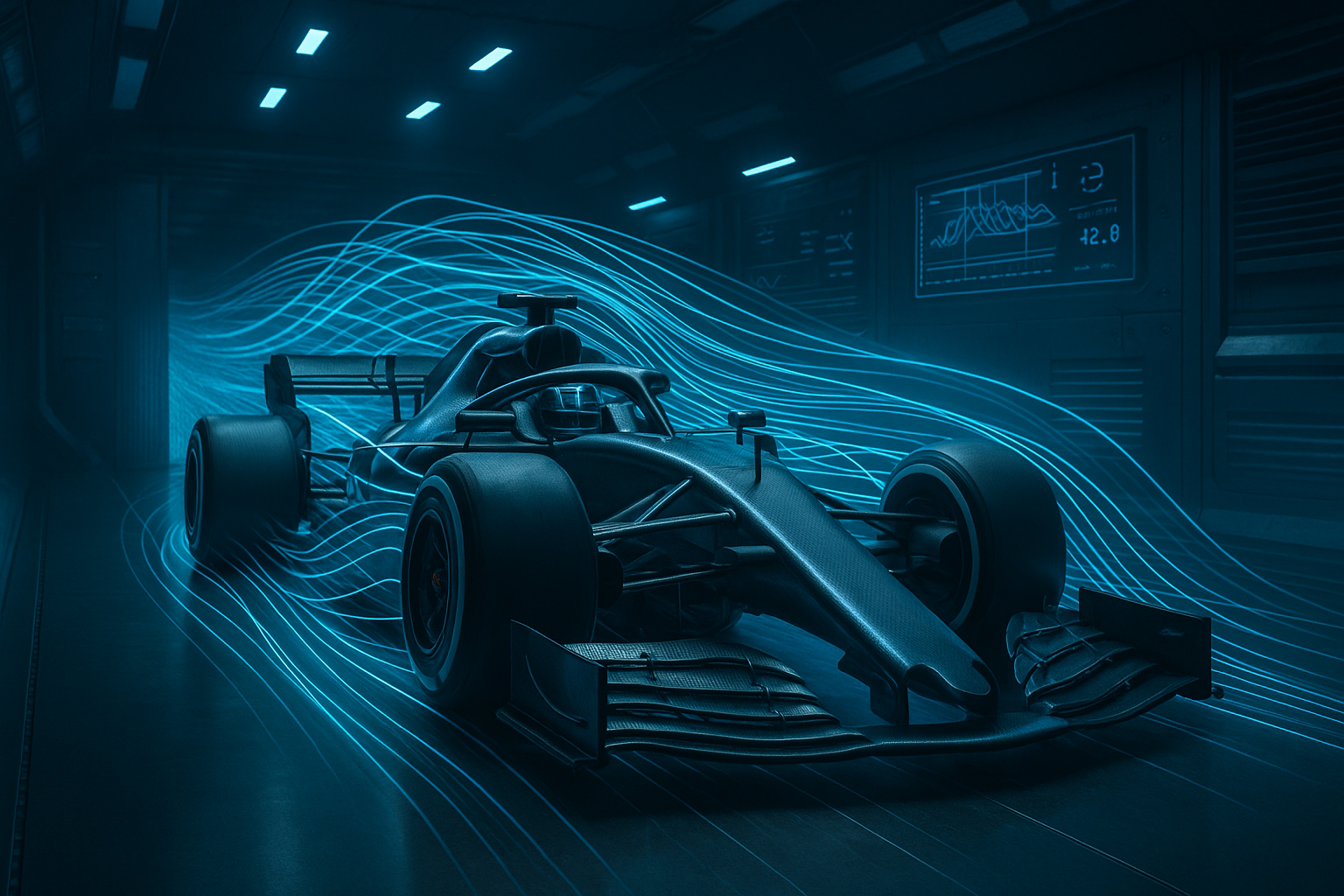The Legacy of McLaren in Motorsport: A Journey Through Speed and Innovation
Table of Contents
- Introduction
- Founding and Early Years
- The Philosophy That Drives McLaren
- The Impact of Bruce McLaren’s Death
- A Legacy of Success Across Disciplines
- The Resilience of McLaren
- Recent Developments and Future Outlook
- Conclusion
- Key Takeaways
Introduction
McLaren is one of the most iconic teams in motorsport history, known for its relentless pursuit of innovation, engineering excellence, and championship-winning performances. Founded by Bruce McLaren in 1963, the team has excelled in Formula 1, Can-Am, IndyCar, and endurance racing, demonstrating versatility and resilience over the decades.
This guide explores McLaren’s journey, highlighting its historic victories, challenges, and future ambitions, making it essential reading for motorsport enthusiasts, historians, and engineering fans.
Founding and Early Years
Bruce McLaren: The Man Behind the Legacy

🚀 Founded: 1963 by Bruce McLaren
🏎 First F1 Race: 1966 Monaco Grand Prix
🏆 First F1 Win: 1968 Belgian Grand Prix (Bruce McLaren)
Bruce McLaren, a visionary racer and engineer from New Zealand, established McLaren Racing in 1963 with the dream of building a dominant motorsport team. His philosophy emphasized engineering precision, teamwork, and pushing technological boundaries.
McLaren’s early successes in sports car racing quickly transitioned into Formula 1, where Bruce secured the team’s first victory in 1968, setting the stage for future dominance.
The Philosophy That Drives McLaren
🔧 Innovation & Precision: McLaren pioneered advanced aerodynamics, lightweight materials, and high-performance engineering.
👥 Teamwork & Dedication: The team culture fosters collaboration and continuous improvement.
🏆 Winning Mentality: McLaren relentlessly pursues success, even in the face of adversity.

Mclaren Changed f1 forever with this model MP4-1, did you know why?
Bruce McLaren’s philosophy remains deeply embedded in the team’s DNA, shaping every aspect of its operations—from race strategy to car development.
The Impact of Bruce McLaren’s Death
💔 Tragic Loss: Bruce McLaren passed away in 1970 while testing a Can-Am car.
🔥 Legacy Lives On: The team persevered under Teddy Mayer, leading to continued success in F1 and beyond.
Bruce’s death was a devastating blow, but his dream and vision endured, fueling McLaren’s rise to the top of motorsport.
A Legacy of Success Across Disciplines
Formula 1 Achievements
🏆 First F1 Championship: 1974 (Emerson Fittipaldi)
🏆 Legendary Drivers: Niki Lauda, Alain Prost, Ayrton Senna, Mika Häkkinen, Lewis Hamilton
🏆 8 Constructors’ Championships & 12 Drivers’ Titles

McLaren’s golden era in the 1980s and 1990s saw intense rivalries and groundbreaking car designs, cementing its reputation as one of F1’s greatest teams.
The Can-Am Series and Indianapolis 500
🏎 Can-Am Domination (1967-1971) – McLaren won five consecutive titles, revolutionizing sports car racing.
🏆 Indianapolis 500 Wins – Victories in 1972, 1974, and 1976 proved McLaren’s ability to excel in American motorsport.
Enduring Presence in Endurance Racing
🏆 1995 24 Hours of Le Mans Victory – McLaren’s F1 GTR triumphed on its debut, showcasing superior engineering and durability.
McLaren’s influence extends far beyond Formula 1, proving its engineering excellence in multiple disciplines.
The Resilience of McLaren
McLaren has faced adversity, yet always bounced back:
❌ 2007 Spygate Scandal – Cost the team $100M in fines, but McLaren rebuilt its reputation.
❌ 2015-2018 Honda Engine Struggles – Poor performance led to the end of the Honda partnership.
✅ 2021 Revival with Mercedes Engines – Marked a return to competitiveness, securing podiums and race wins.
McLaren’s ability to adapt, innovate, and rebuild ensures its continued relevance and success in motorsport.
Recent Developments and Future Outlook
The 2016 Season and Beyond
🏎 Rebuilding Phase: McLaren slowly regained competitiveness after its struggles with Honda engines.
🏆 Key Driver Contributions: Fernando Alonso & Lando Norris played crucial roles in McLaren’s resurgence.
The Shift from Honda to Mercedes
🚀 2021: McLaren returned to Mercedes power, delivering strong performances and podium finishes.
🏆 2021 Italian Grand Prix Victory: Daniel Ricciardo secured McLaren’s first F1 win since 2012.
This partnership revival positions McLaren as a serious contender for future championships.
Future Prospects in Formula E and Sim Racing

🔋 McLaren Joins Formula E (2023) – Expanding into electric motorsport for a sustainable future.
🎮 McLaren’s Growth in Sim Racing – Investing in esports and digital racing platforms.
By embracing new technologies and racing formats, McLaren continues to push the boundaries of motorsport innovation.
Conclusion
McLaren’s legacy is built on speed, innovation, and resilience. From Bruce McLaren’s vision to Formula 1 dominance and endurance racing triumphs, the team remains a symbol of engineering excellence.
With strong leadership, cutting-edge technology, and ambitious goals, McLaren’s future in motorsport is as exciting as ever.
🏎 Will McLaren reclaim its place as an F1 World Champion in 2025? The journey continues… 🏆
Key Takeaways
✅ McLaren is one of the most successful and versatile teams in motorsport history.
✅ The team has excelled in Formula 1, Can-Am, IndyCar, and endurance racing.
✅ Despite setbacks, McLaren always bounces back with innovation and resilience.
✅ With a strong Mercedes partnership and expansion into Formula E, McLaren is shaping the future of motorsport.
💬 What’s your favorite McLaren moment? Share your thoughts in the comments!



